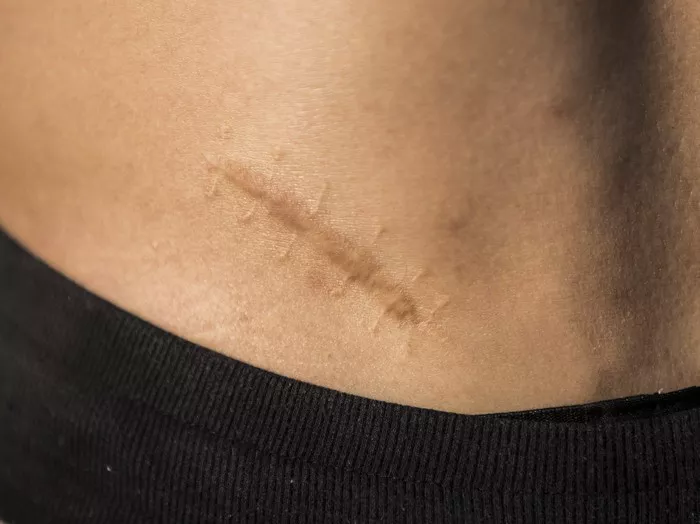A groundbreaking experiment on monkeys has demonstrated that Ebola, the deadly viral disease, may be treatable with a single oral pill. The findings, published in Science Advances, mark a significant step toward more accessible and practical treatment options for the virus.
Ebola Treatment Breakthrough
Scientists, led by virologist Thomas Geisbert at the University of Texas Medical Branch, tested the antiviral Obeldesivir — an oral formulation of Remdesivir, initially developed for COVID-19. The drug, a polymerase inhibitor, blocks an enzyme essential for viral replication, which could effectively treat Ebola infections.
In the study, rhesus and cynomolgus macaques were deliberately infected with a high dose of the Ebola virus (Makona variant). Within 24 hours, half of the monkeys received a daily Obeldesivir pill for 10 days, while the others received no treatment. The results were promising: 80% of the cynomolgus macaques and all of the rhesus macaques, genetically closer to humans, survived.
The drug not only eliminated the virus from the monkeys’ blood but also triggered the immune systems to produce antibodies, preventing organ damage.
Challenges in Ebola Treatment
Ebola, first identified in 1976, is a severe viral disease that spreads through contact with bodily fluids and causes severe bleeding and organ failure. Outbreaks are most common in Sub-Saharan Africa, where access to treatment remains limited. Despite the approval of a vaccine in 2019 and the availability of two antibody-based treatments, these options are expensive, require cold storage, and are difficult to distribute in resource-poor areas.
Geisbert highlighted that current therapies are not ideal, especially given their limited application to only certain strains of Ebola. In contrast, Obeldesivir offers broad protection against multiple types of the virus, a significant advantage over existing treatments.
Conclusion
This breakthrough comes at a time when researchers are striving for more cost-effective, accessible Ebola treatments. Geisbert and his team hope that Obeldesivir, which is also undergoing Phase 2 trials for the related Marburg virus, could play a key role in containing future outbreaks.
However, Geisbert stressed the need for continued government funding to support such research. Much of the development of Ebola drugs and vaccines has been funded by the U.S. government, and recent cuts in funding have raised concerns about slowing progress.
“I think most people would agree that we need treatments for Ebola,” said Geisbert.
As global efforts to combat the virus continue, the discovery of an oral treatment like Obeldesivir could represent a major step toward more effective and widely available solutions for the deadly disease.
Related Topics































